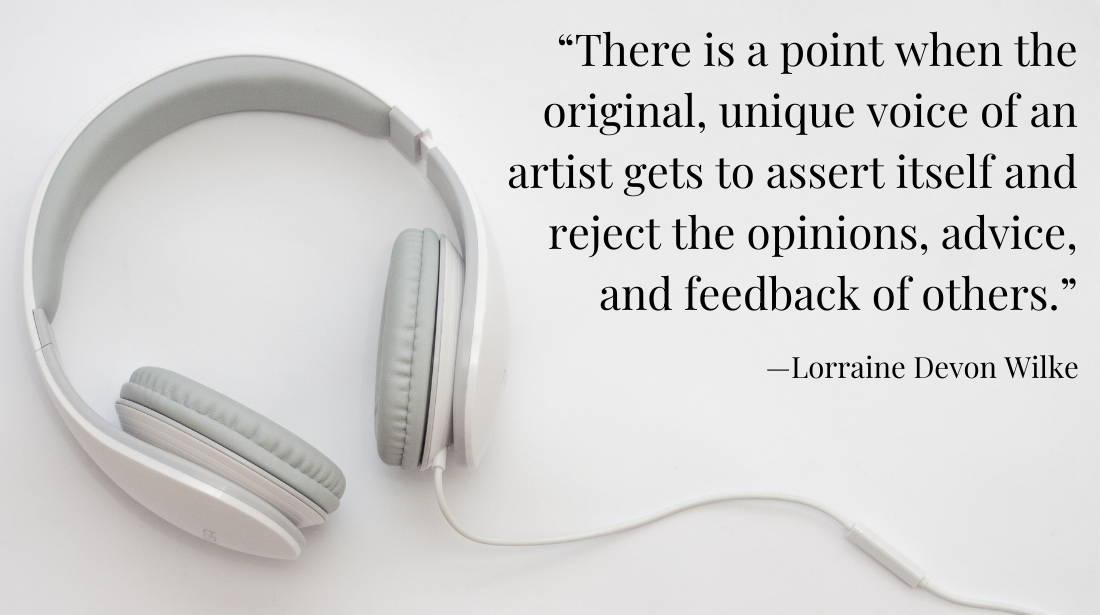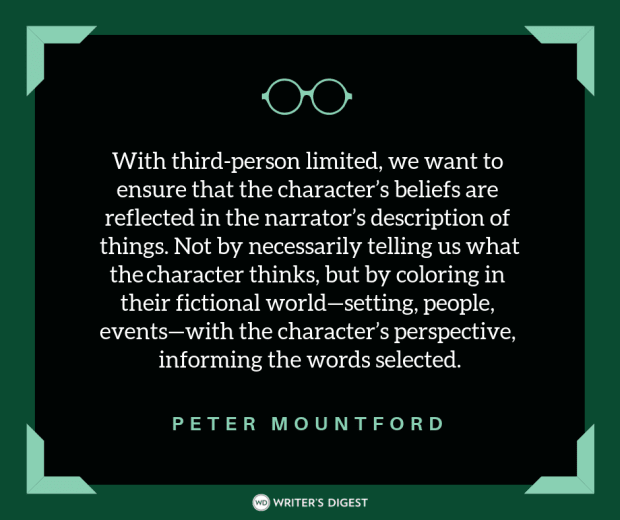Authors Lisa Gardner and M.J. Rose Talk Character, Genre Definitions, Writing Process & More
On Wednesday, bestselling authors (and recent coauthors) M.J. Rose and Lisa Gardner held a session on creating compelling characters and suspenseful narratives at ITW’s ThillerFest. Here are some takeaways from their advice, and some excellent quotes from the Q&A that followed. Lisa Gardner on perfect heroes: “A character needs flaws to seem real. Without them, a reader can’t connect.” These don’t have to be faults; weaknesses are just as effective, she explains: “It’s like Indiana Jones … It all seems impossible but somehow he manages to get an edge, [and then there’s] this pit of snakes, and of course Indiana Jones is afraid of snakes.”
On Wednesday, bestselling authors (and recent coauthors) M.J. Rose and Lisa Gardner held a session on creating compelling characters and suspenseful narratives at ITW’s ThillerFest. Here are some takeaways from their advice, and some excellent quotes from the Q&A that followed.
LISA GARDNER
On perfect heroes: “A character needs flaws to seem real. Without them, a reader can’t connect.” These don’t have to be faults; weaknesses are just as effective, she explains: “It’s like Indiana Jones … It all seems impossible but somehow he manages to get an edge, [and then there’s] this pit of snakes, and of course Indiana Jones is afraid of snakes.”
Also effective: Inserting “a moment of humor after a moment of intensity and suspense gives your character depth.” Think about Die Hard’s John McClane. the entire movie is interspersed with moments of humor between the action sequences. “It gives the reader some room to breathe, and makes that character seem a lot more human.”
On hapless good guys: “No one wants the police to miss [a clue]. That’s what suspense readers are really looking for at the end of the day--you want to see everyone doing their best and still the tension is rising.”
On showing your hand: “One of the things to think about in your [characters ’] epic battle of wits is that the tension builds as the cards are revealed, and every character--your villain, your hero, your police, everyone--every character at the end is revealed to the others. All the weak spots are showing, and that creates tension.”
On pace: “Our literature is becoming much more like our screenplays because that’s the pace [thriller] readers are becoming accustomed to, because of TV and movies. It’s all very quick, very fast-paced now.”
On outlining: “I don’t need to know the ending before I start. I’m a very character-based writer. … Every day is very fearful: I stare at the screen and hope something happens.”
On writing: “I write a lot [of drafts]. I’m not a writer. I don’t consider myself a good writer. I’m a great rewriter. I take the advice from Anne Lamott in Bird By Bird, and give myself permission to write sh*tty first drafts. And it’s like Nora Roberts says: ‘I can’t fix a blank page.’ So I write what I can, and it’s bad, and then I rewrite it and rewrite it and rewrite it [until] it’s not bad.”
M.J. ROSE
On definitions: “A mystery is a whodunit. You know what happened, but not how or who’s behind it. A thriller, or a suspense, is a howdunit. You know what happened, and you usually know who did it, but you keep reading because you want to know how they pulled it off.”
On building tension: “As your antagonist is cleverly planning to wreak havoc, your protagonist is cleverly planning to thwart him. In a thriller, you don’t have to outsmart your reader [as you do in a mystery]--you have to have your characters outsmart each other.”
On outlining: “I do a 10- to 20-point outline before I start, and a lot of research ahead. A lot of it. I research everything very thoroughly, outline it briefly, and get to work.”
On the perks of all the research: “When I sit down to write, I know everything I need to know… I start writing and within 30 seconds or 60 seconds, I’m watching a movie. I’m not making this stuff up; the characters are acting it out and I’m just writing it down.”
On writing: “I’m not a good writer. It takes me a long time to get there. I write and then rewrite and revise and do it over and over until I’m satisfied.”
Adrienne Crezo is the former managing editor of Writer's Digest magazine. Follow her on Twitter @a_crezo.









